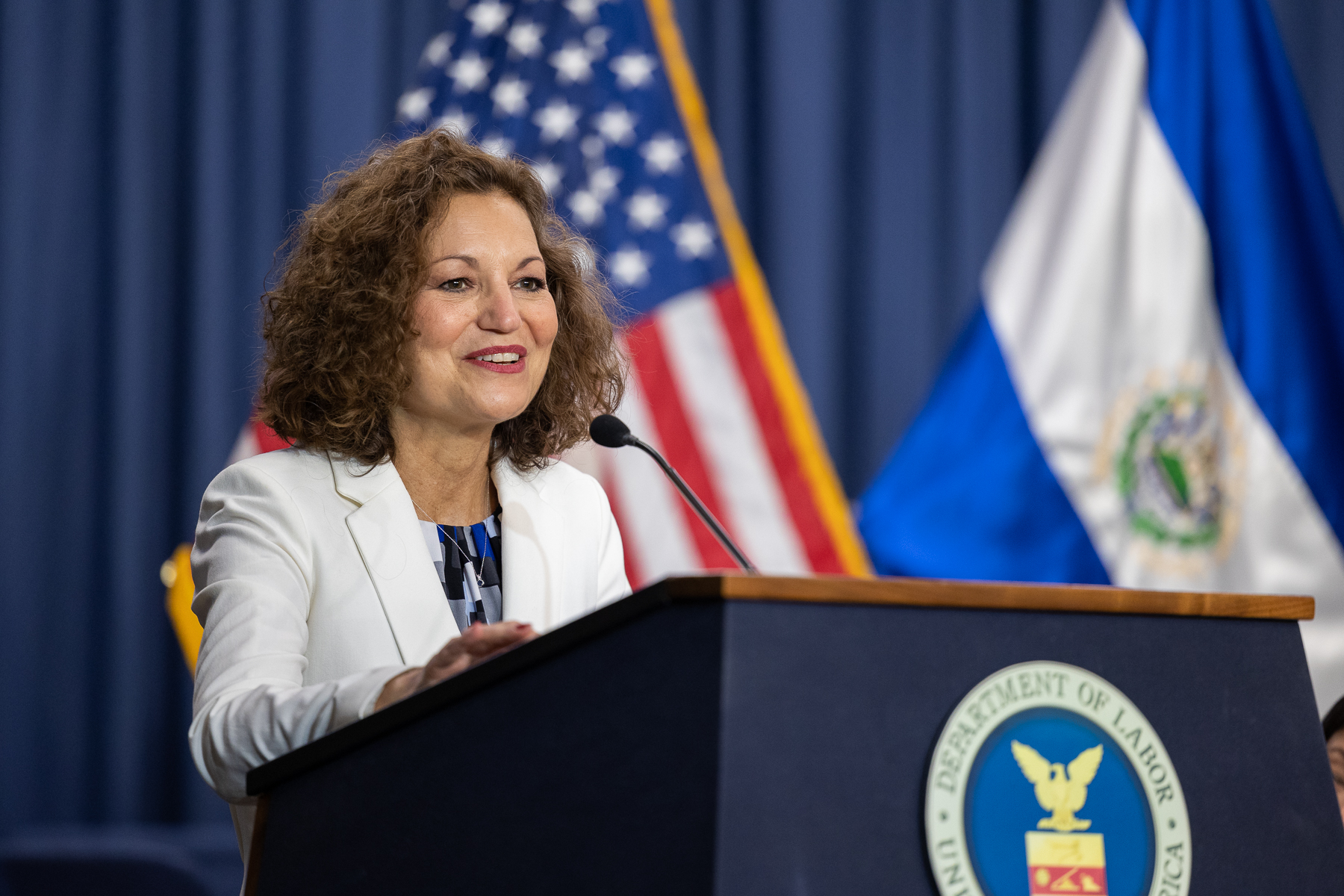The National Labor Relations Board (NLRB) expects a busy end to the month as one board member’s term comes to an end. Board Member Gwynne Wilcox’s term expires on August 27 after Senate lawmakers declined to renominate her. Media reports highlighted that the NLRB has traditionally “pushed out some of its most consequential decisions in the final days of a members’ [sic] term.” In this case, that could mean a flurry of decisions that favor unions over workers.
At least two of the board’s several pending cases may revive pro-union regulations, such as the revival of the Joy Silk doctrine and making captive audience meetings illegal.
The Joy Silk doctrine would give unions the power to hold card-checks instead of holding an NLRB-sanctioned election, which would make it easier for unions to obtain official representation status for employees.
Card-checks require a simple majority vote (i.e., over 50%) to install a union as the employees’ representative. Unions prefer this method over NLRB elections, which use secret ballots. The California Labor Federation claimed card-checks are “a better way for workers to choose whether or not to join a union” because workers can avoid facing “employer harassment.”
Captive audience meetings are defined as meetings organized by an employer to gather employees to discuss the pros and cons of unionization, and these meetings are held at the official worksite or office location. But unions like the Communications Workers of America (CWA) have criticized these meetings as unlawful and have pushed for banning them.
As Wilcox wraps up her term in the next few days, the NLRB is considering overturning a seventy-five-year-old precedent by making captive audience meetings illegal. Since 1948, the NLRB has recognized the legality of employers holding these types of meetings with their employees. Yet the NLRB’s change should come as no surprise because, in 2022, NLRB General Counsel Jennifer Abruzzo issued a memo which claimed that captive audience meetings are “inconsistent” with the federal National Labor Relations Act (NLRA) due to free speech concerns.
This would not be the first time that unions have benefited from NLRB decisions.
In November 2022, AFFT reported on the federal board’s proposal to eliminate the “blocking charge” rule that prevents unions from blocking or delaying decertification elections. AFFT also noted in a report this year that the NLRB reported increases in unfair labor practice charges against employers and unionization election petitions, which some say is due in part to the board’s “union-friendly” policies.
The report discovered a number of surprising facts:
- Fewer than 1% of individual federal employees’ charges against their union resulted in any enforcement action to hold the union accountable for its actions.
- Two unions accounted for the majority of charges filed by individual federal employees—the American Federation of Government Employees (AFGE) and National Treasury Employees Union (NTEU).
- Less than 1% of individuals’ charges against unions resulted in a settlement.
- Over 52% of charges were dismissed, and over 45% of charges were withdrawn.
